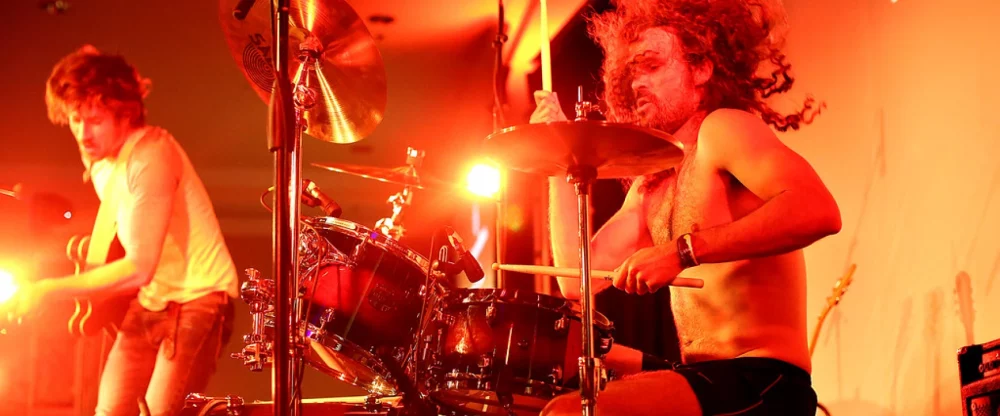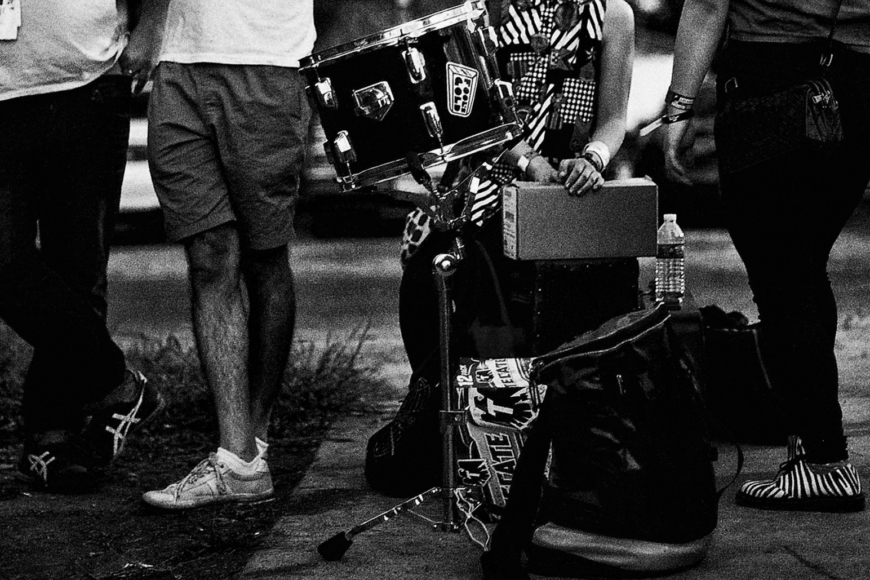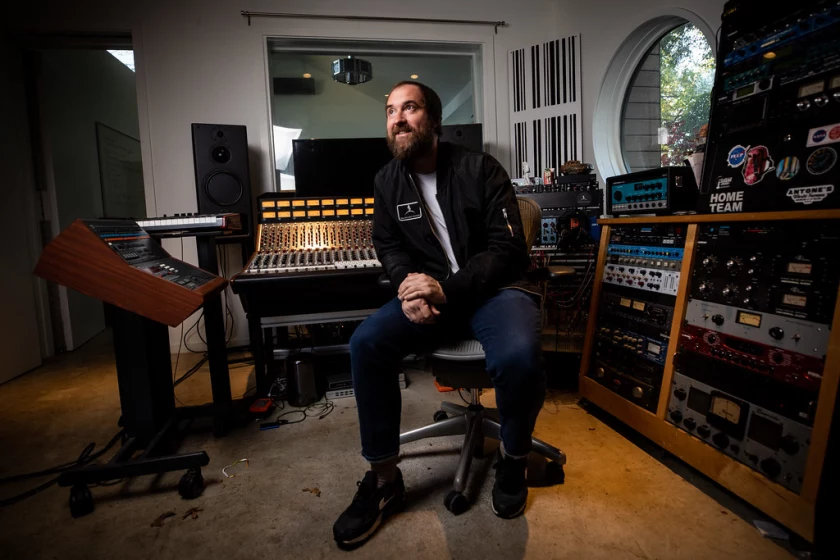People working in commercial music in the U.S. don’t tend to get a lot of financial assistance outside the support of fans. But you don’t have to look very far to find a country that does support its music ecosystem; all you have to do is head north.
Canada has a robust system of support for the arts in general and for commercial music specifically.
The government in Ottawa has a requirement called Canadian Content, or CanCon, that requires 35% of songs played on commercial radio stations between 6 a.m. and 6 p.m. to be by Canadian artists.
There’s also a system of arts councils at the city, province, territory and national levels that hands out hundreds of millions of dollars in grants to the arts, including music, annually. The Ontario Arts Council alone gave $56 million to the arts last year. Around $10 million of that went to individual grants, funding collectives, art organizations, nonprofits and large-scale music organizations. In comparison, Texas, which has twice the population of Ontario, gave $11 million to the arts last year.
Some provinces also have government agencies that give money to the commercial creative sector. Last year, Ontario gave $25 million to the creative sector, with $7 million going directly to the music industry.
And then, there’s FACTOR.
The Foundation to Assess Canadian Talent on Records is “a private non-profit organization dedicated to providing assistance toward the growth and development of the Canadian music industry.” It’s partially funded by the Canadian government and partially funded by Canadian private broadcasters.
“It creates a great environment for working-class artists. You might not become rich doing it … it might not even be a full career. But for a while, you can do it as your job.”
Eric Owen, Black Pistol Fire
FACTOR hands out grants for music production, record promotion, music video creation, tour support and live event production. Last year the organization gave away more than $55 million to artists (some of that money was COVID relief).
Austin bands usually don’t have access to FACTOR funds – except when the Austin band is comprised of Canadians, like Black Pistol Fire.
The band is made up of guitarist and lead vocalist Kevin McKeown and drummer Eric Owen.
The duo met in Toronto, but they didn’t play as Black Pistol Fire until they moved to Austin.
”Black Pistol Fire is very much an American band made of Canadian citizens, if that makes any sense,” Owen said.
Because they’re Canadian citizens, they qualify for grants through FACTOR, though they didn’t get any money the first two times they applied.
“I didn’t realize it was kind of like an all-or-nothing scenario, you know? I thought, Oh, well, like, we’re not huge, but maybe they’ll give us $1,000 to help,” Owen said. “But it’s not like that, really.”
FACTOR gives out many different grants, but it doesn’t fund entire projects. Applicants must show they have other sources of money. Many times, they also have to show they’re having some kind of success in the industry.
In 2013, Black Pistol Fire received a grant to help make a record.
“Acertain amount of the money has to be spent in Canada,” Owen said. “So we had a Canadian producer, we didn’t record in Canada. We recorded mainly at a studio here, but the mixing was done in Canada.”
Having the money to record helped the band. But getting the money wasn’t easy. Owen said it took him a couple weeks to complete the application. Afterward, he had to submit a final report – a process he described as “a nightmare.”
Despite how involved getting the grant was, Owen said the system of support for the arts in Canada is “just positive across the board.”
“It creates a great environment for working-class artists,” he said. “You might not become rich doing it … it might not even be a full career. But for a while, you can do it as your job.”
Find out more about the Canadian system of support for music in the latest episode of Pause/Play. Listen by using the player above.




